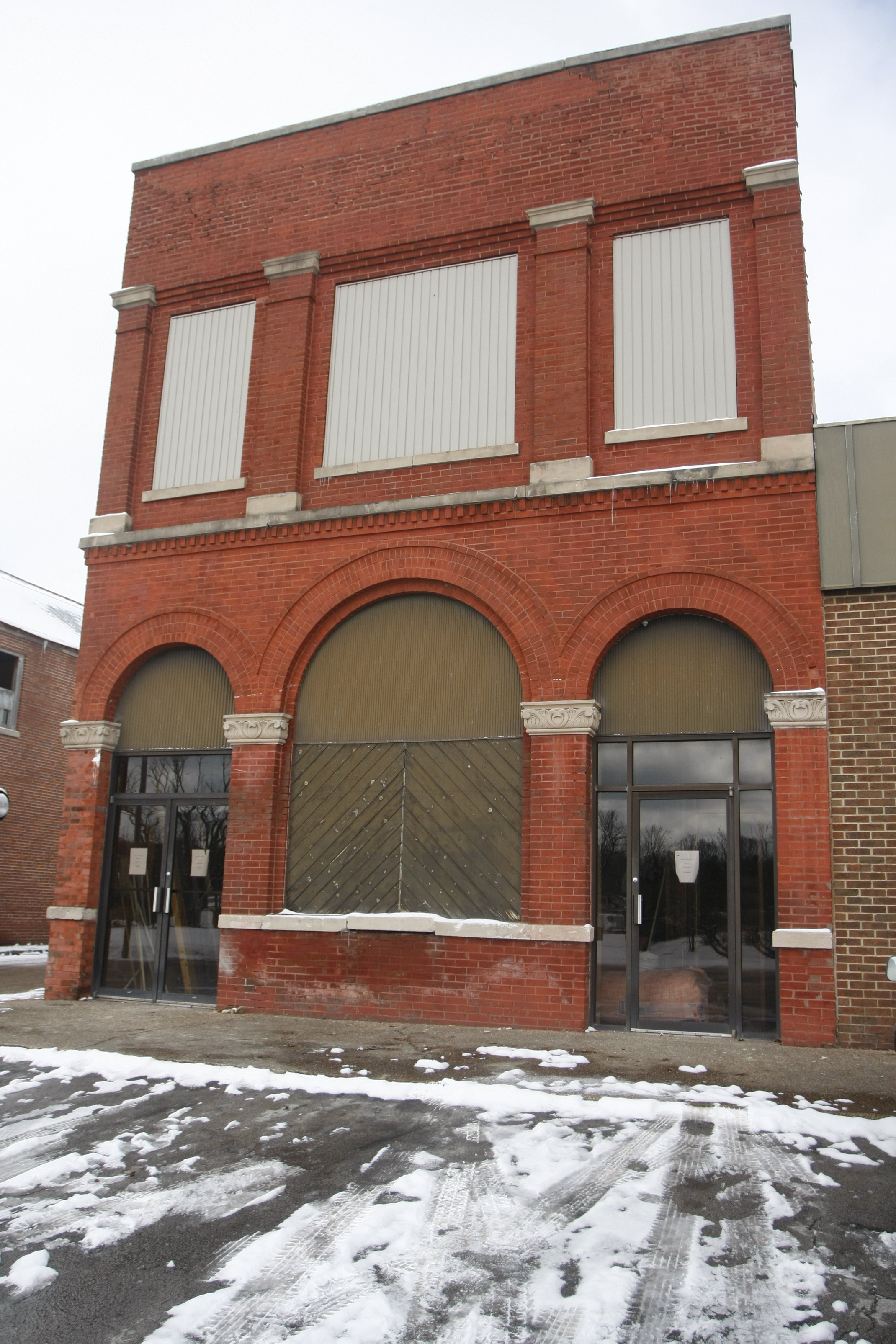A Tracy City, Tenn., group was awarded funds for training by the state Department of Economic and Community Development as it seeks to establish attractions downtown that would draw tourism dollars to the southern Grundy County town.
The group is a five-member steering committee formed to meet requirements for admission to the state's Tennessee Downtowns program, City Recorder Roxanne Fults said.
The committee identified five locations as important historic sites: the vacant former Grundy County High School gymnasium; the site of the former Tracy City depot, roundhouse and engine repair shop and adjacent Boy Scouts of America Park; the site of the former Shook School; the site of the Wooten Mine and Coke Ovens; and the site of the former Sam Werner Lumber Co., according to steering committee spokesman Oliver W. Jervis, who is historian and director of exhibits for the Grundy County Historical Society Heritage Center in Tracy City.
"Our notion is that we would be striving toward making Tracy City a tourist destination, building on its status as an historic community," Jervis said Thursday. State officials will meet with steering committee members and the Tracy City mayor and Board of Aldermen on March 7.
"We're looking for professional advice and counsel on how we can effect a revitalization program here," he said.
The city already has more than $84,000 in state Department of Transportation grant funding for sidewalks and lampposts, a $500,000 Appalachian Regional Commission grant for rehabbing the old high school gym and another $500,000 that will target Tracy City's leg of the continuing development of the Mountain Goat Trail from Sewanee, Tenn., through Monteagle and park land in South Grundy.
Jervis said committee and city officials hope to use the state's training to organize revitalization efforts.
State officials say the communities selected have downtown commercial districts established at least 50 years ago and demonstrated their readiness to organize revitalization efforts.
The communities selected must form volunteer committees who participate in a multimonth training curriculum supported by the National Main Street Center, officials said. The curriculum is designed to teach comprehensive, sustainable downtown revitalization and historic preservation. The training includes webinars, workshops and a $15,000 reimbursable grant to complete individualized projects, officials said.

